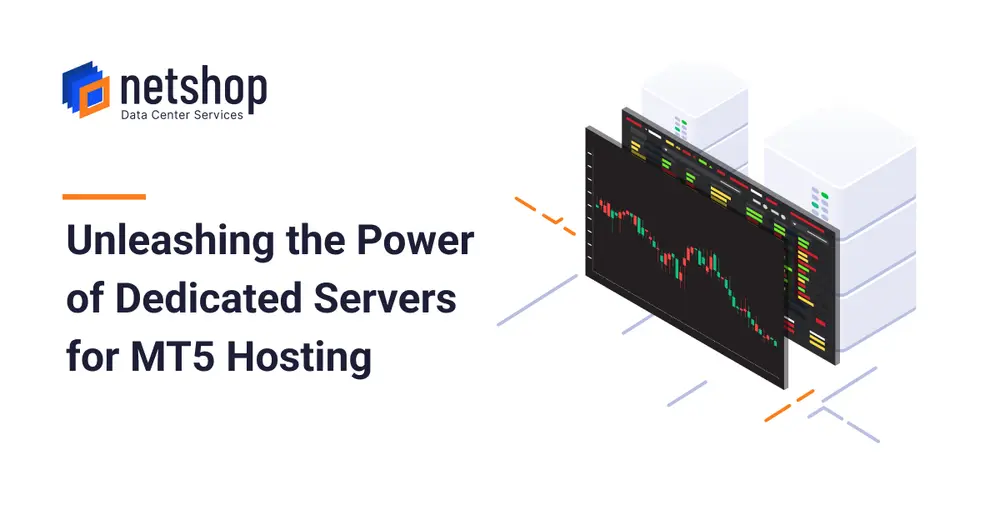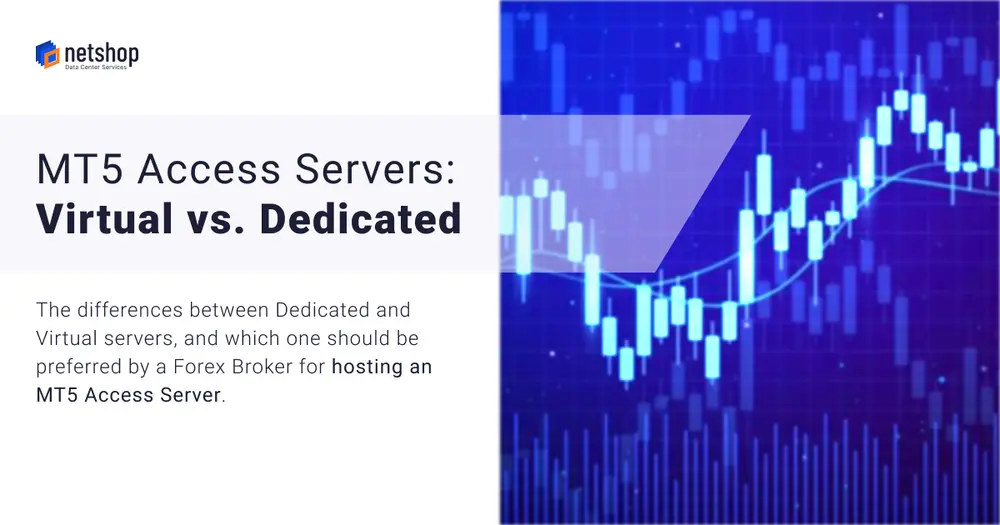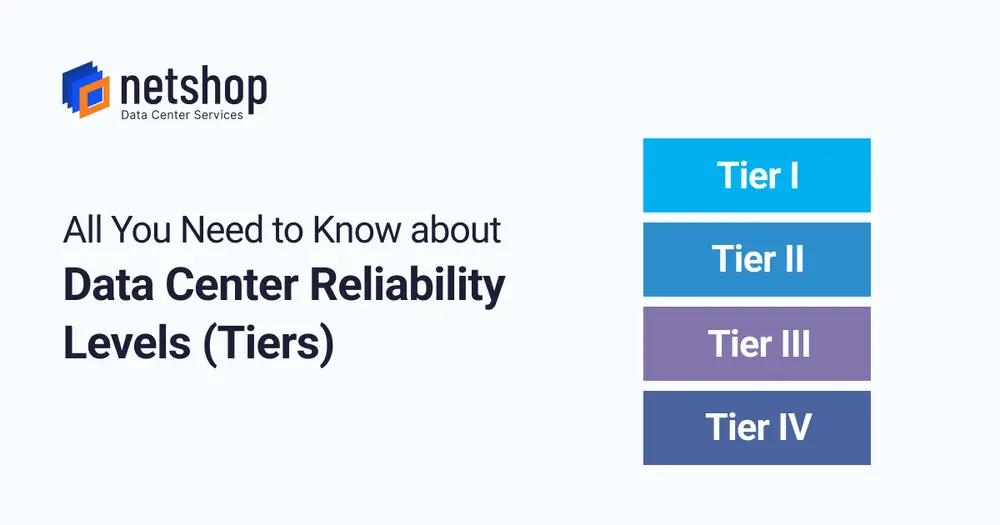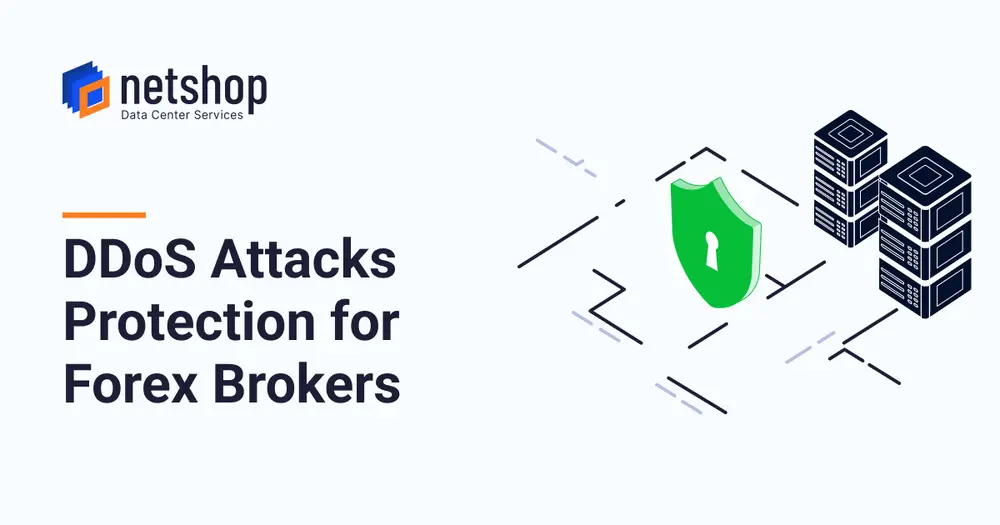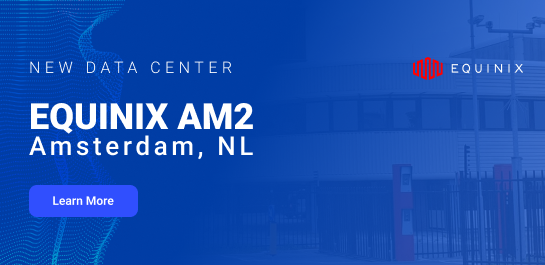Blockchain intelligence firm Elliptic has partnered with London-based startup LexisNexis Risk Solutions to bring bank-grade risk management to Bitcoin.
Two companies teamed up not only to avoid nefarious uses of the digital currency but also to make virtual currency more attractive to those who might want to use it for legitimate transactions.
LexisNexis Risk Solutions helps banks to comply with AML regulation, using a database of 2.7 million global entities that could be involved in illicit transactions, such as those on global sanctions watchlists. It has shared its database with Elliptic, which constantly monitors bitcoin transactions. As a result clients will be alerted in case of the money movement from bitcoin addresses that have been identified as risky.
Thomas Brown, of LexisNexis Risk Solutions told Reuters: “This is a step toward making it (bitcoin) more mainstream and more acceptable.”
Bitcoin, as we all now, relies on complex algorithms that allow to anonymously and quickly move money without a need for a central authority to process transactions.
That has made it attractive to users who want to avoid capital or government controls. However, virtual currency has also attracted criminals making it popular on the dark side of the Internet.
Brown said: “Today, if you see bitcoins transacting, you almost assume they’re from someone who wants to be off the grid, or they’re proceeds from illicit transactions.”
Kevin Beardsley, Elliptic’s head of business development, was hopeful that this partnership will unlock a whole wave of companies being able to enter financial services with bitcoin.
“The single biggest thing keeping mainstream financial services out of the (bitcoin) ecosystem is the inability to do bank-grade anti-money laundering controls.”
